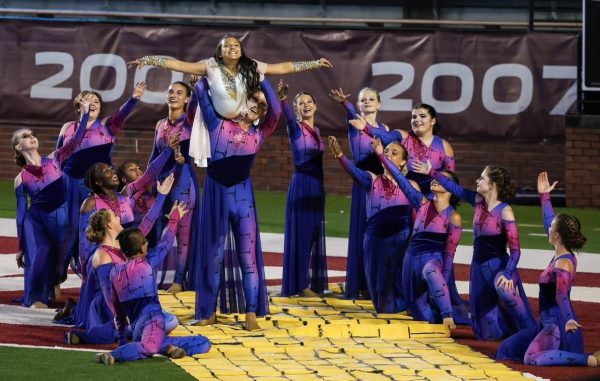Why Disney Shouldn’t Make Live Action Remakes

When Disney first announced that they were doing a remake for the animated film “Aladdin” back in October, I was skeptical for it becoming a success. This came as a result of the film company publishing unnecessary movies including “Beauty and the Beast (2017)” and “Cinderella (2015)”. Knowing that the original “Aladdin” film has a 94% Rotten Tomatoes rating, with Robbin Williams being praised as the lead actor of Genie, there was no reason to waste money recreating a perfect film. Then, Disney revealed the character design of Will Smith’s Genie in a trailer.
His character was portrayed poorly by having Genie ask Aladdin if he knew who he was. If that was not enough, his CGI was poorly modeled, making it look like a scene out of the uncanny valley. A user on social media even responded to this flaw by referring the character as “Thanos’ cousin”. With this amount of backlash, I wondered how Disney’s cheap tactic failed.
To start off the investigation, I found the full list on IMDb of live-action movies Disney had created. Then, I checked their Rotten Tomatoes ratings. Out of all movies on the list, only “Cinderella (2015)”, “The Jungle Book (2016)”, and “Pete’s Dragon (2016)” scored at least 80%. On the other hand, the other movies have consistently been criticized due to a lack of creativity. For instance, on the reviews for “Maleficent”, which has a 54% Rotten Tomatoes rating, critics Tom Fitzgerald and Lorenzo Marquez stated that the story was boring at times.
From seeing these results, the issue of live-action remakes was not how these films were created, but how much effort went into creating them. The 2010 film “Alice in Wonderland”, for example, got a 51% on Rotten Tomatoes because viewers thought the movie wasn’t original. Film Critic Deborah Ross commented, “It’s horribly generic. This is a Disney film and it feels like a Disney film, whereas I’d hoped it would feel like a Tim Burton film”. In other words, Disney was focusing on receiving as much money as possible, rather than satisfying their audiences.
If Disney’s current screenwriters cannot think of an effective way to write a script that would both get a praised review and a successful box office profit, then they should hire someone else. There are some teenage fans who dream of working in one of the world’s biggest companies. Disney’s movies would be successful only if employers could give younger filmmakers an opportunity to develop original plot ideas. Therefore, Millennials can be the one to protect Disney from theatrical failure.




